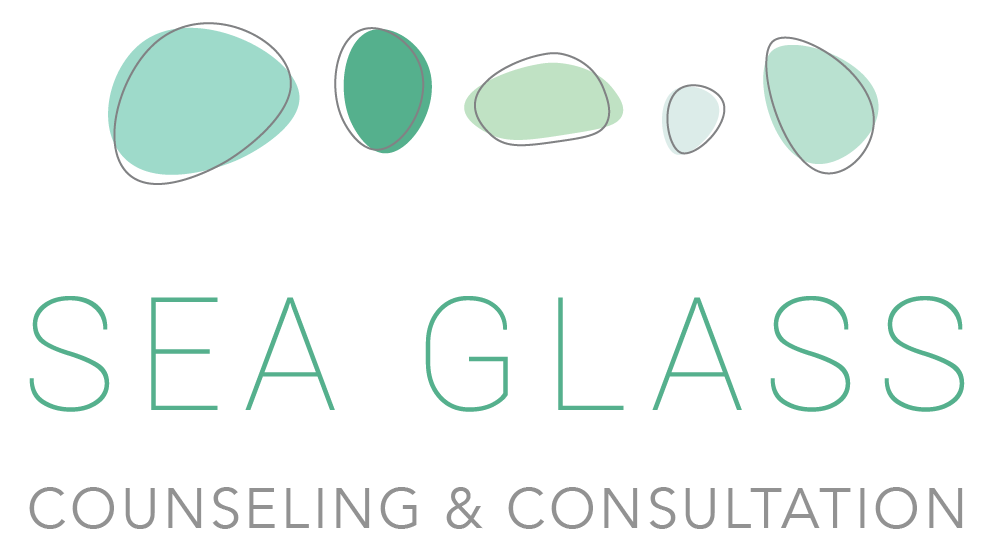How Do Hormones Affect A Woman’s Anxiety Levels?
There is a complex relationship between hormones, emotions, and behaviors. In fact, hormones often play a major role in mental health and mood regulation. While hormones impact the emotional health and mood regulation of both men and women, there are significant differences in how these chemicals affect each gender.
In this post, we’ll take a look at how different hormones can affect a woman’s anxiety levels. We’ll also look at what symptoms to look out for in order to determine whether or not your anxiety might be part of your natural cycle, or related to a hormonal imbalance.
Women’s health & hormones
Estrogen
In women, Estrogen plays a calming role in relation to anxiety. Because our estrogen levels can fluctuate depending on where we are in our menstrual cycle, drops in estrogen are correlated to an increase in anxiety.
During the early part of the menstrual cycle, estrogen levels fall, precipitating an increase in sadness, irritability, and anxiety. Estrogen levels rise steadily during the phases leading up to ovulation and then begin to fall again.
Progesterone
Like Estrogen, Progesterone is a sex hormone that has rising and falling levels during the menstrual cycle as well as during pregnancy or menopause. In some women, higher levels of progesterone correlate to increased anxiety.
Testosterone
While testosterone is commonly regarded as a male sex hormone, it’s also present in women in lesser quantities. Higher levels of testosterone are correlated to lower anxiety, while lower levels correlate to increased anxiety. As with estrogen, fluctuations in testosterone can contribute to increased anxiety. In women, this can sometimes occur as the result of several different conditions:
Congenital adrenal hyperplasia
Polycystic Ovary Syndrome (PCOS)
Ovarian or kidney tumors (benign or malignant)
Cortisol
One of the key stress hormones, cortisol is produced in response to a perceived threat (whether real or imagined). This can be triggered by unfamiliar or dangerous situations, sensory input that recalls a past trauma, and so forth. People who have suffered from traumatic experiences, or been exposed to prolonged periods of stress, often produce higher levels of cortisol which can cause anxiety.
Adrenaline
Another stress hormone, adrenaline, is produced in response to dangerous situations. In fight or flight situations, it can produce heightened awareness and increased blood flow. It isn’t thought to have a direct relationship with anxiety, but signs of adrenaline production can be similar to a panic attack. Physical symptoms include rapid heartbeat, cold sweats, and shortness of breath.
Pregnancy & menopause
During pregnancy progesterone levels rise, and during menopause they fall—unfortunately, any change in progesterone levels can lead to an increase in anxiety until it levels out. As a result, it’s common for women to experience an increase in anxiety at these stages of life.
Regulating hormone imbalances
While hormone-related anxiety can be difficult to control, there are a number of proactive steps you can take to regulate your hormone levels naturally. Because hormone levels rise and fall predictably according to your menstrual cycle, it’s possible to regulate those changes with variations in diet and exercise.
As an example of how you could modify behaviors to help you through your menstrual cycle.
Menstrual Phase
Increase exercise
Limit caffeine
Get extra sleep
Follicular / Ovulation Phase
Normal caffeine Intake
Regular exercise
Regular sleep habits
Luteal Phase
Increase exercise
Limit caffeine
Get extra sleep
It’s always helpful to get a good night’s sleep, eat a healthy diet, and get in a half hour of cardiovascular exercise, as well.
Counseling & medical care
If you believe your anxiety may be the result of a hormone imbalance, it may be worth reaching out to your doctor for information on available treatments. Thyroid issues and other medical conditions can cause hormone imbalance, and it’s important to rule them out.
In addition to getting proper medical care, a qualified therapist can help you learn to manage and regulate your stress levels with non-invasive techniques such as mindfulness and meditation. You don’t have to let anxiety ruin your day. Reach out today for help learning to manage it on your own through anxiety therapy.
Sea Glass Counseling and Consultation is an EMDR therapy practice in Dublin, Ohio. Our compassionate, skilled therapists use evidence-based techniques grounded in the neurobiology of stress, trauma, and relationships to make sure your treatment is personalized and effective. Sea Glass therapists provide telehealth counseling in Ohio for individuals and couples. We’re best known for providing Intensive EMDR therapy, anxiety treatment, and sex therapy for Christians. Interested in working together? Contact us today to get started with a Certified EMDR therapist in Ohio.

